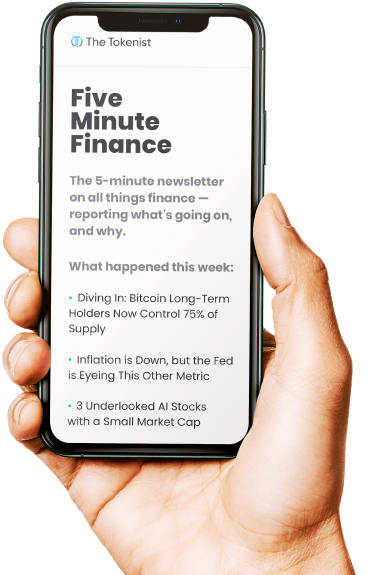
Why BYND Stock Is Plunging: Debt Relief Comes at Equity’s Expense
Beyond Meat Inc. (NASDAQ: BYND) shares are experiencing a dramatic collapse, plunging 58% in premarket trading to $1.19 per share following the announcement of a major debt restructuring initiative. The plant-based meat company launched an exchange offer on September 29, 2025, aimed at eliminating over $800 million of its existing convertible debt, but the proposal comes at a steep cost to existing shareholders. With approximately 47% of convertible noteholders already agreeing to the exchange, the deal would significantly dilute current equity holders while providing much-needed debt relief to the struggling company.
BYND: $800M Debt Deal Comes at a Heavy Equity Cost
Beyond Meat is offering to exchange its $1.15 billion in 0% convertible notes due 2027 for a combination of new secured debt and common stock. Under the proposal, holders who tender by October 10, 2025, will receive $176.09 in new 7% convertible notes and 283.64 shares for each $1,000 of existing notes. Late tenderers will receive slightly less favorable terms with $170.80 in new notes and the same number of shares.
The new securities structure represents a fundamental shift for Beyond Meat’s balance sheet. The replacement notes will be secured, second-lien obligations maturing in 2030, carrying a 7% annual interest rate payable in cash or shares. Alternatively, the company can elect payment-in-kind at a higher 9.5% rate, meaning it could pay interest with additional debt rather than cash. This PIK feature provides crucial flexibility for a company burning through cash at an alarming rate.
The exchange offer requires participation from at least 85% of existing noteholders to proceed, though 47% have already committed their support. CEO Ethan Brown characterized the initiative as intended to “significantly reduce leverage and extend maturity” while supporting the company’s long-term vision. However, the issuance of up to 326 million new shares would massively dilute existing shareholders, explaining the severe stock price decline.
Join our Telegram group and never miss a breaking digital asset story.
Beyond Meat Faces Harsh Outlook Despite Debt Relief
As of market open on September 29, 2025, Beyond Meat shares were trading at $2.025, down 28.94% from the previous close of $2.85, with the stock experiencing extreme volatility throughout the trading session. The company’s market capitalization has collapsed to just $218 million, representing a staggering decline from its peak valuations. Year-to-date, BYND shares have fallen 46.11%, while the broader S&P 500 has gained 13.37%, highlighting the company’s dramatic underperformance.
The financial metrics paint a grim picture of Beyond Meat’s operational challenges. The company reported second-quarter revenue of $75 million, falling short of analyst estimates of $81.8 million, while posting negative earnings of $30.92 million. With a trailing twelve-month revenue of $301.35 million and net losses of $153.6 million, Beyond Meat faces a profit margin of -50.97% and has been rapidly burning cash with levered free cash flow of -$78.15 million.
Bloomberg Intelligence analysts don’t expect the company to achieve consistent profitability before mid-2026, reflecting the broader challenges facing the plant-based meat industry. Declining consumer demand in the U.S., Beyond Meat’s largest market, has been attributed to higher food prices and changing perceptions about plant-based products’ health benefits. Recent analyst actions have been overwhelmingly negative, with Argus downgrading the stock to “Sell” and multiple firms lowering price targets, citing ongoing market share pressure in a declining demand category.
Disclaimer: The author does not hold or have a position in any securities discussed in the article. All stock prices were quoted at the time of writing.




